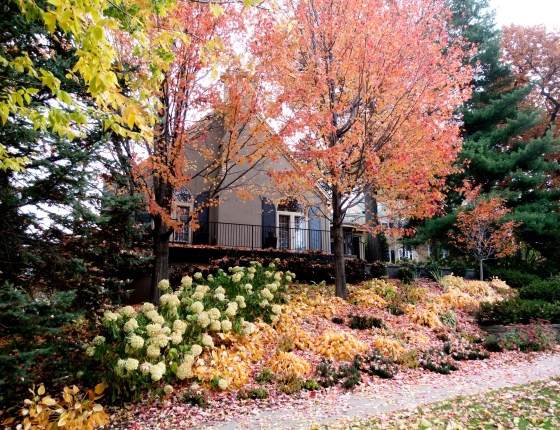This post complements our quarterly research newsletter, which features updates on CEE's research projects. Sign up to get this information in your inbox.
Optimized Installations of Air Source Heat Pumps for Single-Family Homes
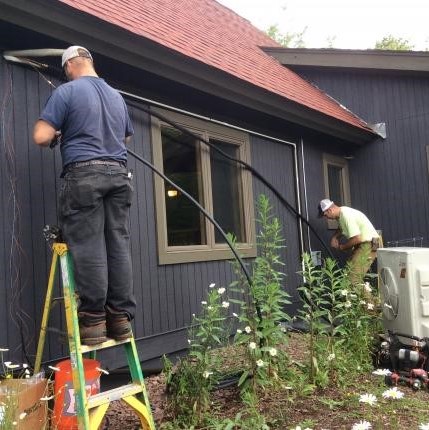 Background: This project will install a sample of cold climate air source heat pumps (ASHPs) in Minnesota homes that are currently electrically heated. It will develop interim protocols for quality installation, which will then be implemented, tested, refined, and validated. Researchers will collect and analyze field data to assess performance and customer acceptance, and to provide government energy agencies and utilities with evidence of reliable real-world savings from cold climate ASHPs.
Background: This project will install a sample of cold climate air source heat pumps (ASHPs) in Minnesota homes that are currently electrically heated. It will develop interim protocols for quality installation, which will then be implemented, tested, refined, and validated. Researchers will collect and analyze field data to assess performance and customer acceptance, and to provide government energy agencies and utilities with evidence of reliable real-world savings from cold climate ASHPs.
Update: The project team is finalizing their analysis and moving into the reporting phase. Preliminary results indicate several best practice approaches that optimize integrating ASHPs into existing heating systems to maximize savings and energy efficiency. A blanket approach to installation can result in inefficient use of the system or fewer cost and comfort benefits for occupants. The team wants to build off this project with more connected diagnostics that would automate quality control based on the specific configuration of a user's heating and cooling system. This would also streamline and simplify best practice application for contractors. A winter webinar for this project is linked at page bottom and a final report will be published soon.
This project is supported by a grant from the Minnesota Department of Commerce Energy Division through the Conservation Applied Research and Development (CARD) program, which is funded by Minnesota ratepayers.
Wi-Fi Location-Based Services to Optimize Energy Efficiency
Background:  In 2016, commercial buildings consumed about 19% of the total energy consumed in the U.S. A study by the Pacific Northwest National Laboratory found that advanced occupancy sensors used for both lighting and HVAC controls can achieve 18% energy savings at a national scale compared to a control case. This project sought to investigate and demonstrate the use of beacon-based Wi-Fi location-based services in commercial buildings to determine the energy and non-energy benefits of building management system integration of the technology.
In 2016, commercial buildings consumed about 19% of the total energy consumed in the U.S. A study by the Pacific Northwest National Laboratory found that advanced occupancy sensors used for both lighting and HVAC controls can achieve 18% energy savings at a national scale compared to a control case. This project sought to investigate and demonstrate the use of beacon-based Wi-Fi location-based services in commercial buildings to determine the energy and non-energy benefits of building management system integration of the technology.
Update: The project team has completed monitoring and data analysis and is currently finalizing a report on project findings. By verifying the ability of wireless access points to detect occupant presence and headcount in spaces, the team was able to determine the comfort and cooling needs of the space more accurately and provide building operations with key space use patterns. This method also presents the opportunity to regulate occupant comfort through temperature and ventilation, as well as operate lights and aggregate data for safety and security. Eventually, this approach may be extended to customize office space for individuals, in a similar way to how these systems currently function in museums or retail stores. The final report containing these findings will be available this winter.
This project is supported by funding from the U.S. Department of Energy.
Innovative Aerosol Sealing of Occupied Residences
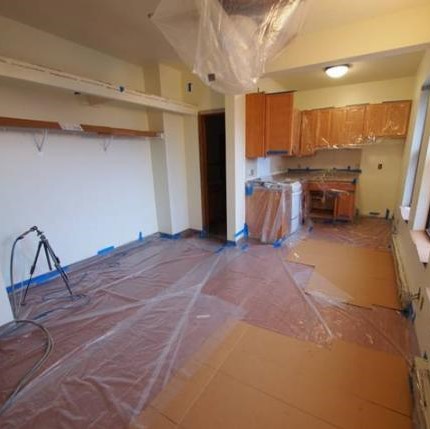 Update: The Department of Energy’s BENEFIT program conditionally awarded CEE with funding to develop an advanced aerosol sealing technology that can be used in adjoining areas without having to cover living space surfaces to reduce disruption of building occupants and allow for easier application. CEE researchers have used this sealing approach in prior work and achieved a 55% overall average leakage reduction on participating residences. For this project, researchers will refine the aerosol sealing approach on at least 40 residences in 3–4 different U.S. locations. The team is also working on a new guarded air leakage testing method to more accurately measure house-to-attic leakage and plan to conduct that measurement in an additional 40 residences.
Update: The Department of Energy’s BENEFIT program conditionally awarded CEE with funding to develop an advanced aerosol sealing technology that can be used in adjoining areas without having to cover living space surfaces to reduce disruption of building occupants and allow for easier application. CEE researchers have used this sealing approach in prior work and achieved a 55% overall average leakage reduction on participating residences. For this project, researchers will refine the aerosol sealing approach on at least 40 residences in 3–4 different U.S. locations. The team is also working on a new guarded air leakage testing method to more accurately measure house-to-attic leakage and plan to conduct that measurement in an additional 40 residences.
View the DOE's funding announcement
This project is supported by conditional funding from the U.S. Department of Energy, Buildings Energy Efficiency Frontiers & Innovation Technologies (BENEFIT) program.
Envelope improvements and heat pump installation in the Upper Midwest
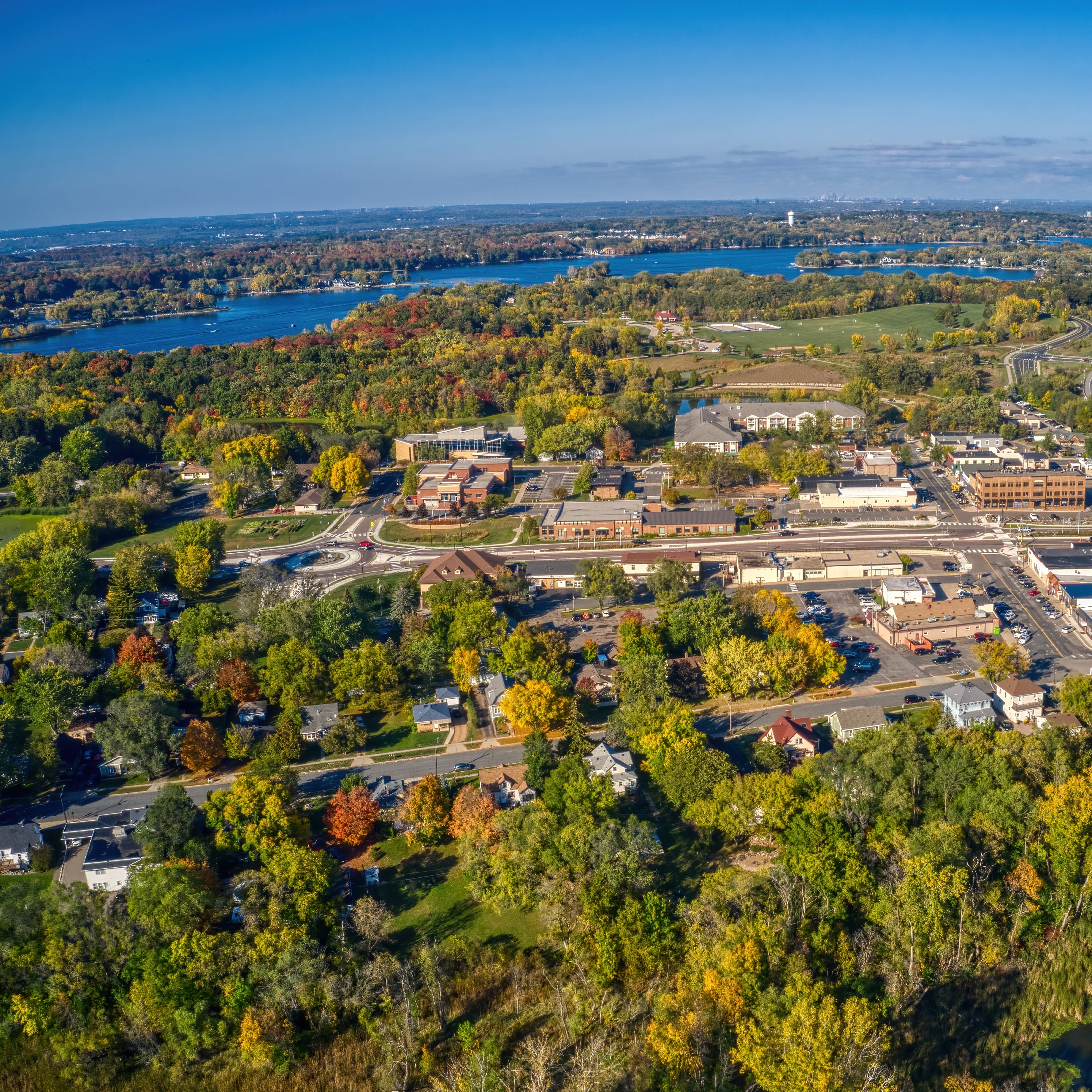 Background: The Department of Energy, through the National Renewable Energy Laboratory (NREL), has selected CEE for negotiation for funding to perform a Building America retrofit field validation and demonstration project. The project will address hard-to-solve technical challenges specific to decarbonizing the existing residential housing stock in the Upper Midwest. The research team and its industry partners have worked for many years to advance residential decarbonization in the Midwest through community engagement, contractor training, research, and technology deployment. This project seeks to expand technology research and small-scale pilots to address the scaling challenges of decarbonizing existing residential housing. The team will develop decision-making tools, methods, and training for practitioners to incorporate building envelope evaluation and improvement work in conjunction with air source heat pump selection and installation in cold climates. CEE will partner on this project with Slipstream, Elevate Energy, the University of Wisconsin-Madison Research Program, as well as industry partners Daikin, Inc., LG Electronics, Mitsubishi Electric, Carrier Corporation, Aerosol LLC, and Commonwealth Edison.
Background: The Department of Energy, through the National Renewable Energy Laboratory (NREL), has selected CEE for negotiation for funding to perform a Building America retrofit field validation and demonstration project. The project will address hard-to-solve technical challenges specific to decarbonizing the existing residential housing stock in the Upper Midwest. The research team and its industry partners have worked for many years to advance residential decarbonization in the Midwest through community engagement, contractor training, research, and technology deployment. This project seeks to expand technology research and small-scale pilots to address the scaling challenges of decarbonizing existing residential housing. The team will develop decision-making tools, methods, and training for practitioners to incorporate building envelope evaluation and improvement work in conjunction with air source heat pump selection and installation in cold climates. CEE will partner on this project with Slipstream, Elevate Energy, the University of Wisconsin-Madison Research Program, as well as industry partners Daikin, Inc., LG Electronics, Mitsubishi Electric, Carrier Corporation, Aerosol LLC, and Commonwealth Edison.
View the DOE's funding announcement
This project is supported by funding from the U.S. Department of Energy, Building America program.
December Heat Pump Webinars
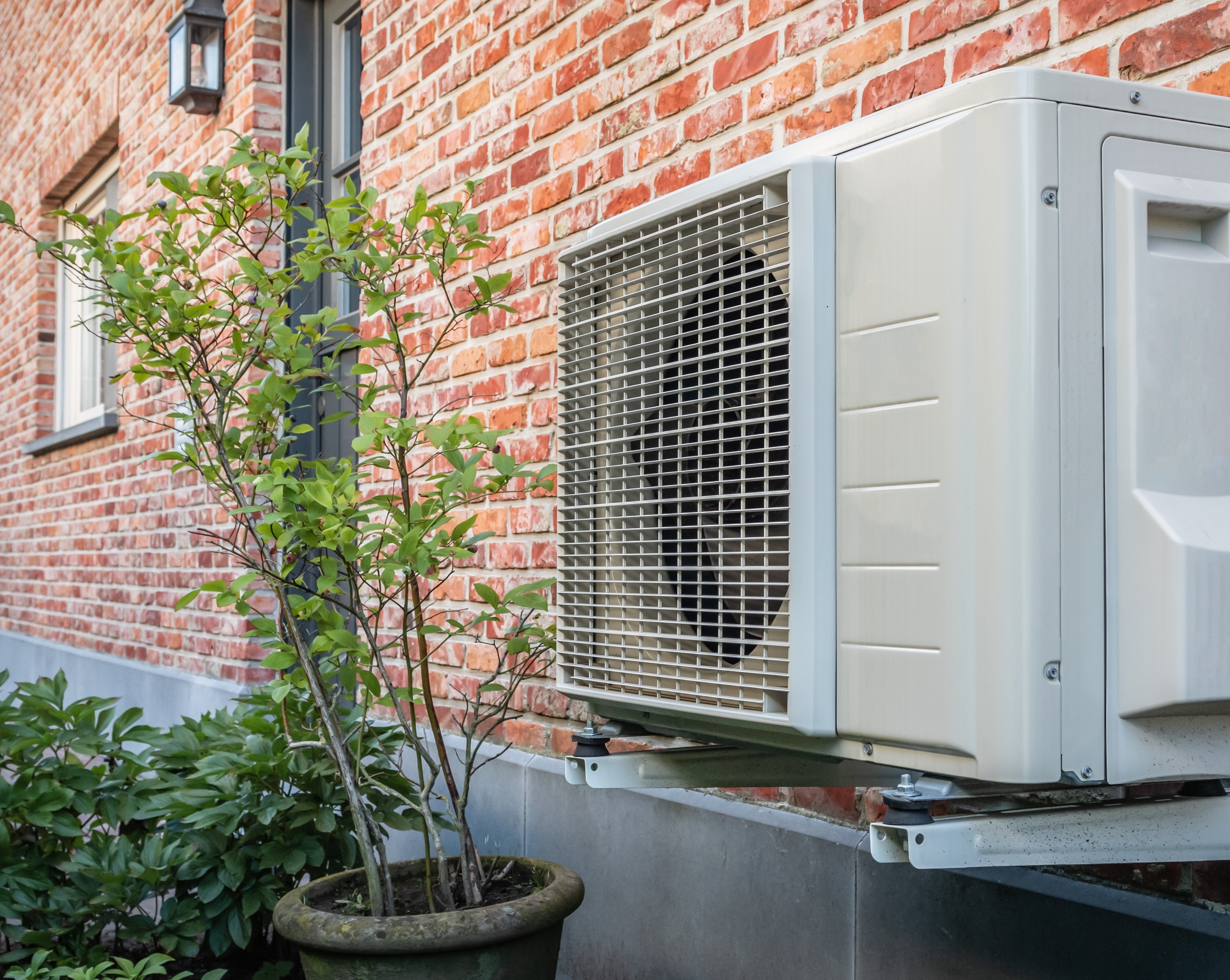
Update: This December, CEE staff will host three webinars on recent heat pump research findings.
“Heat Pumps Can Be the Next AC” will be held on Wednesday, December 13, from 11 a.m.–12 p.m. and will share results from a ComEd-funded field study of more than 30 heat pumps installed as AC replacements in Illinois homes.
"Optimized Installations of Air Source Heat Pumps for Single Family Homes" will be held on Wednesday, December 13, from 11 a.m.–12 p.m., sharing research results on the installation and evaluation of a sample of cold climate ASHP systems in Minnesota homes.
“Air-to-Water Heat Pumps: A Cold Climate Solution” will take place Tuesday, December 19, from 11 a.m.–12 p.m. and will provide context about air-to-water heat pump systems for Minnesota consumers using research results from a CARD-funded project.
Register for Heat Pumps Can Be the Next AC webinar
Register for Optimized Installations of Air Source Heat Pumps for Single Family Homes webinar
Register for Air-to-Water Heat Pumps webinar
The research demonstrated in the “Heat Pumps Can Be the Next AC” is supported by funding from ComEd. The “Air-to-Water Heat Pumps” and "Optimized Installations" projects are supported by grants from the Minnesota Department of Commerce Energy Division through the Conservation Applied Research and Development (CARD) program, which is funded by Minnesota ratepayers.
